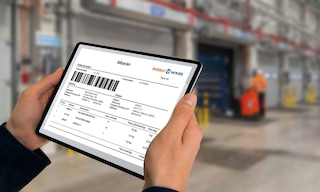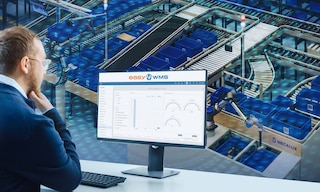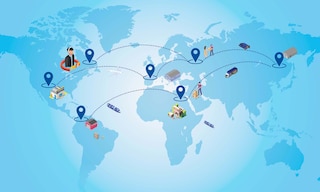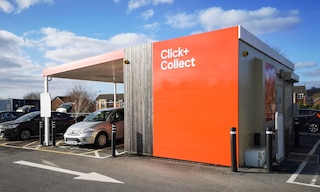
Logistics Software
We address the essential details about logistics software, its functionalities and advantages for warehouse optimisation. Learn everything you need to know about warehouse management systems.
-

-

Applications of large language models (LLMs) in industry: Benefits and examples by sector
-

What is deep learning & how does it work?
-

What is explainable AI? How XAI works and why it matters
-

Traceability: Definition and how to implement it successfully
-

What is an AI agent?
-

Order tracking: How to implement it effectively in logistics
-

ERP system: Meaning, types and business integration
-

How to use artificial intelligence: Business applications and examples
-

Digital delivery note: Advantages and an example
-

Microservices architecture and its advantages in software development
-

Inventory management and how to get it right
-

Augmented intelligence: Examples and benefits
-

What is a TMS system?
-

Keys to enhancing the shopping experience
-

WMS hardware: Devices for warehouse optimisation
-

Industrial weighing scales and WMS integration
-

Distribution logistics: Definition, optimisation and main models
-

Supply chain mapping
-

Click and collect and its application in logistics
